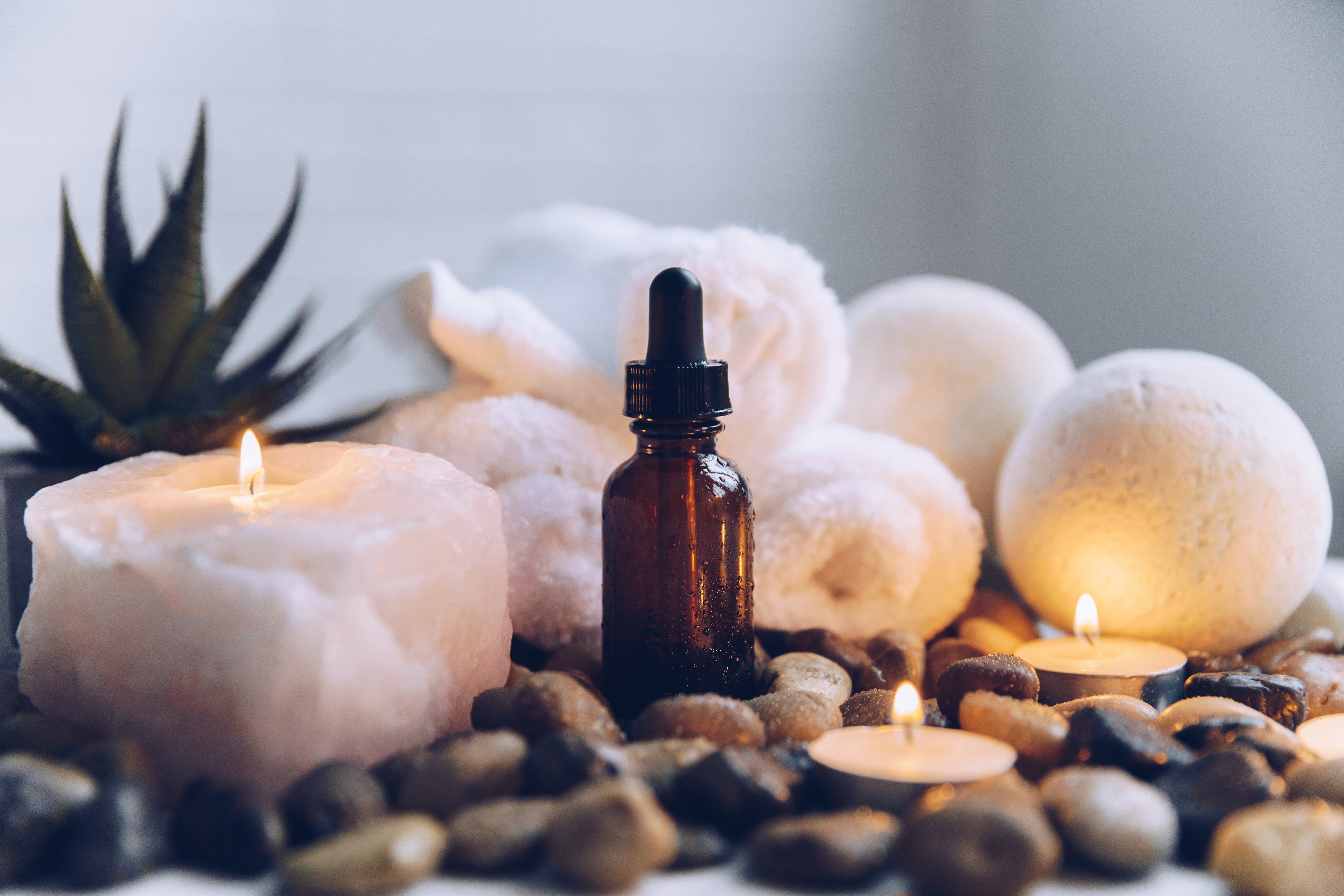

Essential Oils, A Natural Fragrance
Why Essential Oils Are the Best Choice for Natural Fragrance
In a world increasingly concerned with wellness and environmental impact, essential oils have emerged as a premier choice for natural fragrance. Their unique properties and benefits set them apart from synthetic alternatives, making them a top option for those seeking both purity and effectiveness in their scent choices.
Pure and Natural Composition. Essential oils are derived from the pure, concentrated extracts of plants, including flowers, leaves, fruits, and roots. This natural origin ensures that the fragrance is authentic and free from the synthetic chemicals found in many commercial perfumes and air fresheners. Unlike synthetic fragrances, which can contain potentially harmful additives and allergens, essential oils offer a clean and straightforward aromatic experience.
Therapeutic Benefits
Beyond their delightful scents, essential oils are renowned for their therapeutic properties. Each oil carries unique benefits that can enhance emotional and physical well-being. For example, lavender oil is celebrated for its calming and stress-relieving effects, while citrus oils like lemon and orange are known for their uplifting and energizing qualities. By incorporating essential oils into your fragrance routine, you not only enjoy pleasant aromas but also potentially gain these additional health benefits.
Eco-Friendly and Sustainable
The environmental impact of synthetic fragrances often includes the use of non-renewable resources and pollution. Essential oils, on the other hand, are generally produced from renewable plant sources. Many essential oil producers adhere to sustainable practices, such as organic farming and responsible harvesting, which helps reduce the environmental footprint. Using essential oils supports eco-friendly practices and contributes to a more sustainable lifestyle.
Versatile
Essential oils offer unparalleled flexibility in creating personalized fragrances. With a vast array of essential oils available—ranging from floral and citrus to woody and spicy—you can blend different oils to create a signature scent that suits your preferences. This versatility allows you to craft unique fragrances for various occasions and moods, something that pre-made synthetic perfumes cannot easily match.
Long-Lasting and Effective
Essential oils often have a longer-lasting scent profile compared to many synthetic fragrances. Their complex chemical compositions enable them to persist on the skin and in the air, providing a lasting aromatic experience. Additionally, because they are concentrated, only a few drops are needed to achieve the desired scent intensity, making them both cost-effective and efficient.
Non-Toxic and Gentle.
Unlike many synthetic fragrances that may contain harsh chemicals or allergens, essential oils are generally considered to be safer and less irritating to the skin. When used properly and in appropriate dilutions, essential oils are less likely to cause allergic reactions or sensitivities. This makes them a preferred choice for those with sensitive skin or who are concerned about exposure to synthetic additives.
Common Toxic Ingredients in Perfumes
Phthalates: These chemicals are often used to make fragrances last longer and to help dissolve other ingredients. Phthalates have been linked to endocrine disruption, reproductive toxicity, and developmental issues. They are also known to be persistent in the environment.
Parabens: Parabens are preservatives used to extend the shelf life of products. They are known to mimic estrogen in the body, which can disrupt hormonal balance and has been associated with an increased risk of breast cancer.
Synthetic Musks: Compounds like nitro musks and polycyclic musks are used to create musk-like scents. These synthetic musks can accumulate in the body and have been linked to hormone disruption, skin allergies, and environmental contamination.
Formaldehyde and Formaldehyde-Releasing Agents: Formaldehyde is a known carcinogen used in some perfumes and as a preservative. Formaldehyde-releasing agents, like quaternium-15, can slowly release formaldehyde over time, posing similar health risks.
Synthetic Fragrance Compounds: The term "fragrance" or "parfum" on ingredient lists can be a catch-all term for a mix of various chemicals, some of which may be harmful. These can include substances that cause allergies, skin irritation, or respiratory issues.
Toluene: Often used in the production of synthetic fragrances, toluene is a solvent that can cause neurological and developmental damage, and it’s also a potential carcinogen.
Essential Oils Are Rich Historical and Cultural Significance
Essential oils have been used for centuries across various cultures for their aromatic and therapeutic properties. Their historical use in traditional medicine, rituals, and daily life highlights their significance and time-tested benefits. By choosing essential oils, you are connecting with a rich legacy of natural wellness practices that have stood the test of time.
In conclusion, essential oils stand out as the obvious choice for natural fragrance in our products due to their purity, therapeutic benefits, environmental sustainability, and customizability. They offer a holistic approach to scent that enriches both your immediate environment and overall well-being. Embracing essential oils for fragrance is not only a step towards a healthier lifestyle but also a commitment to supporting natural and eco-friendly practices.
